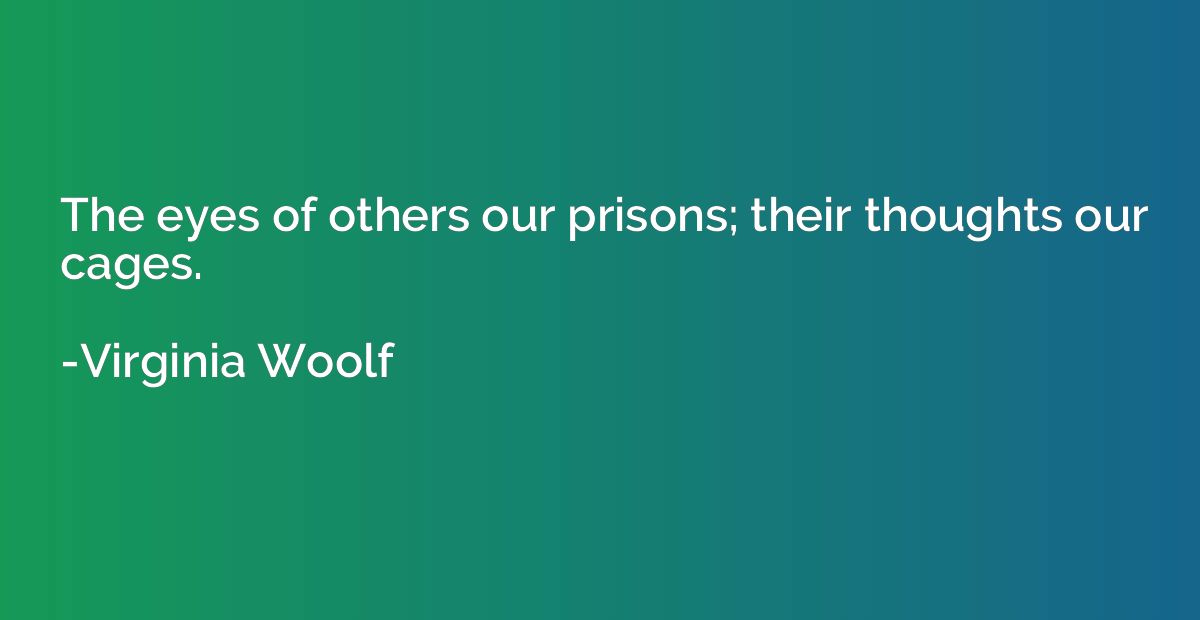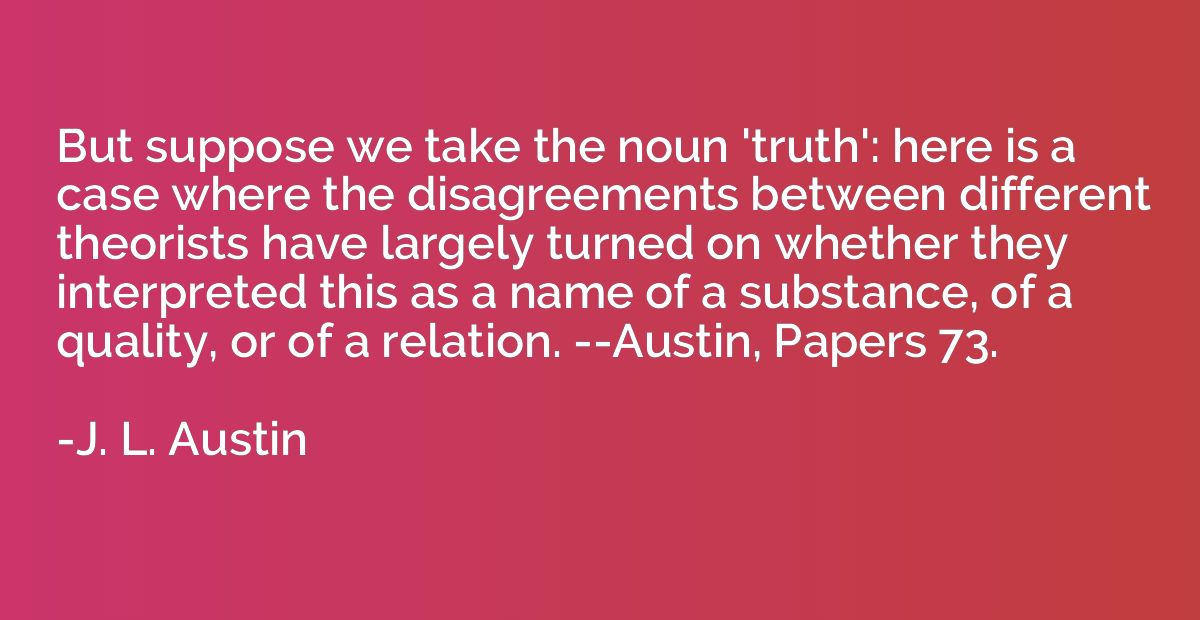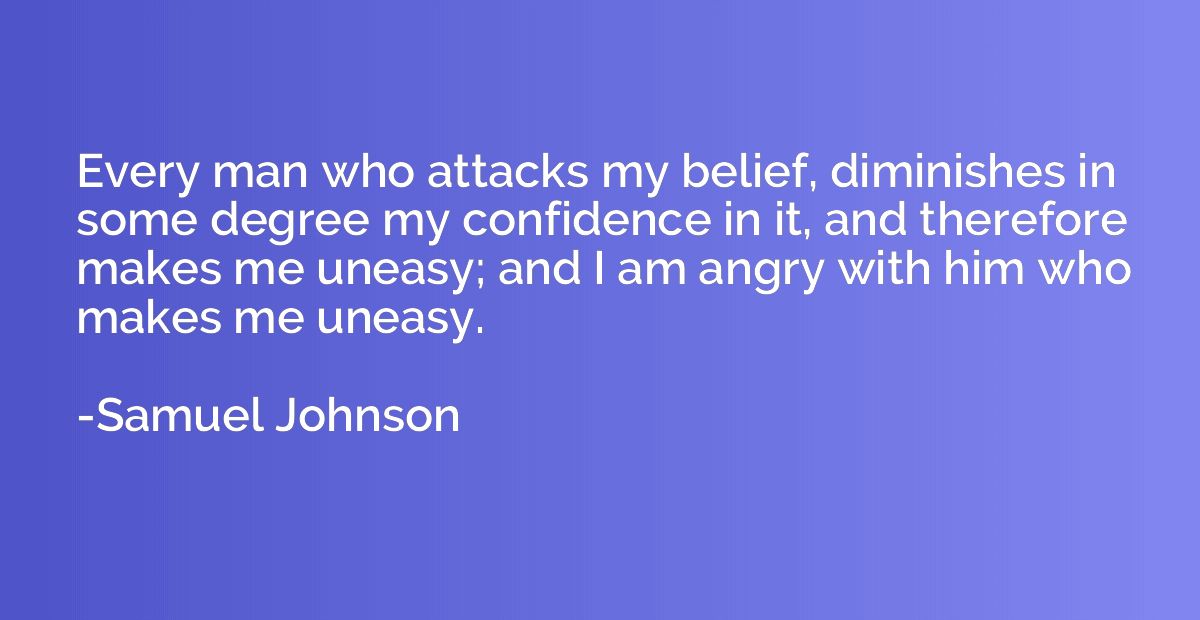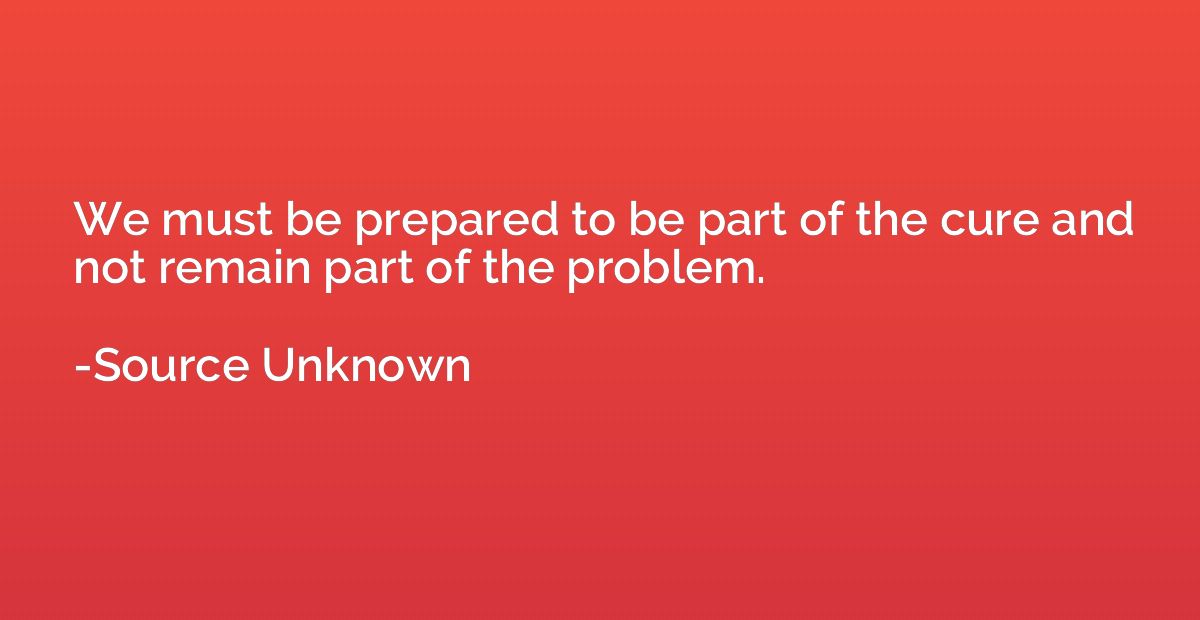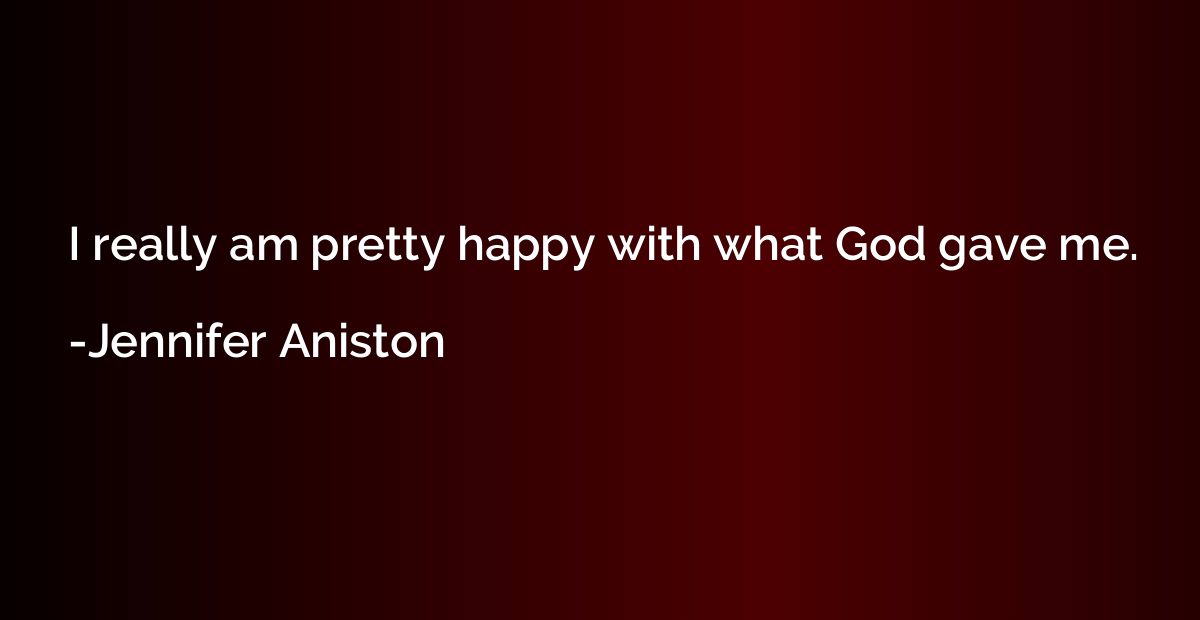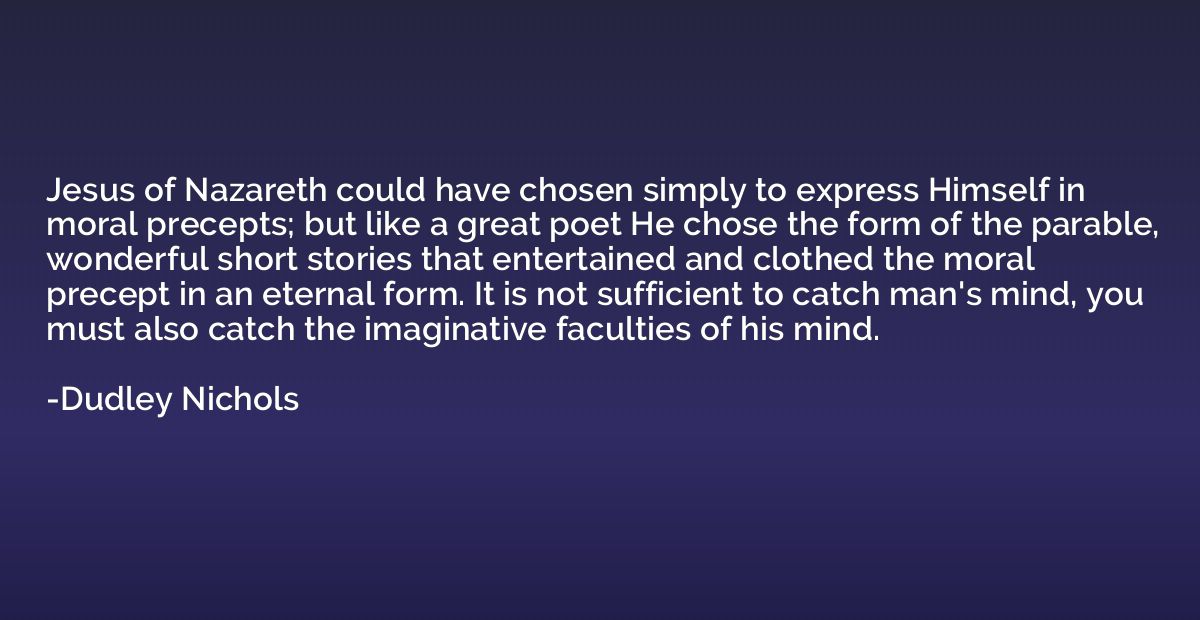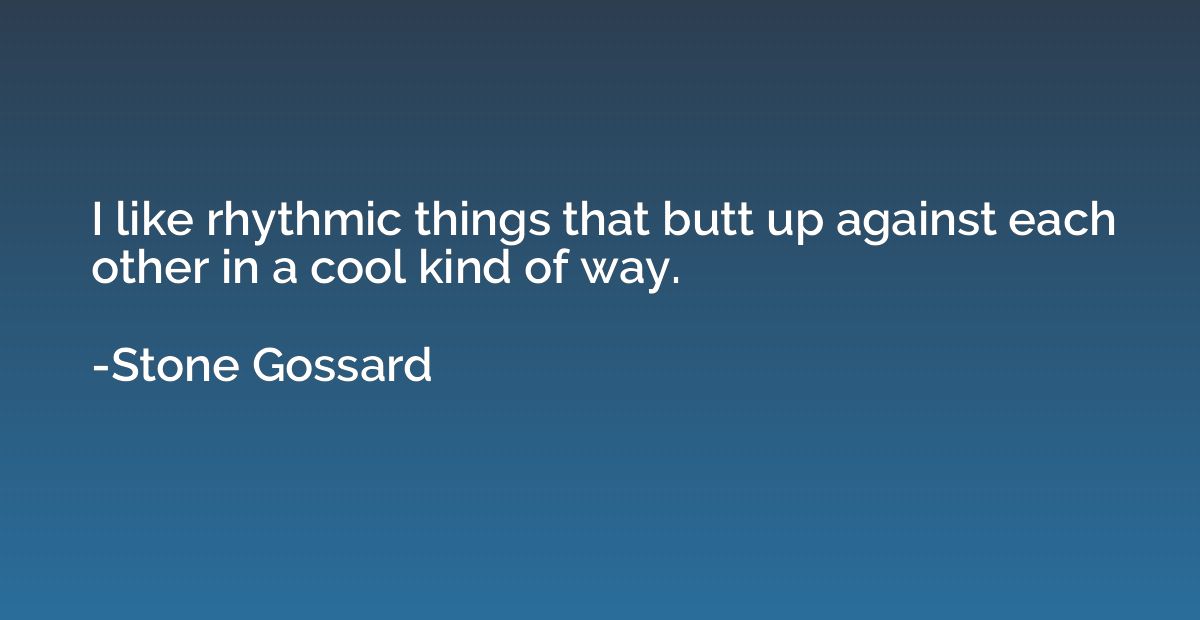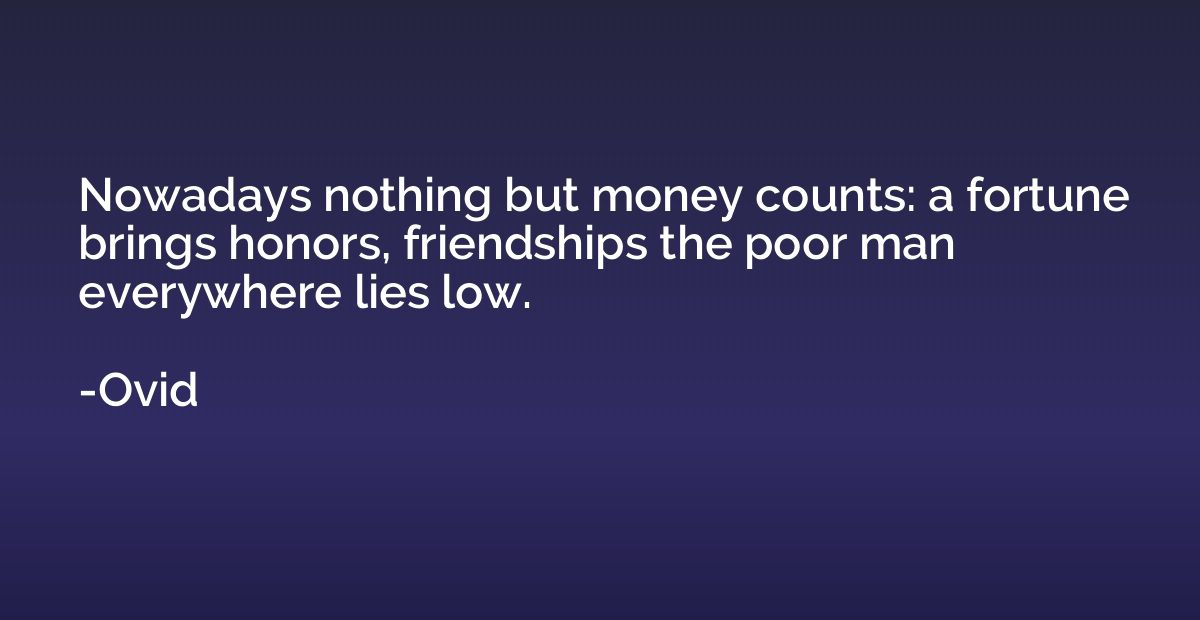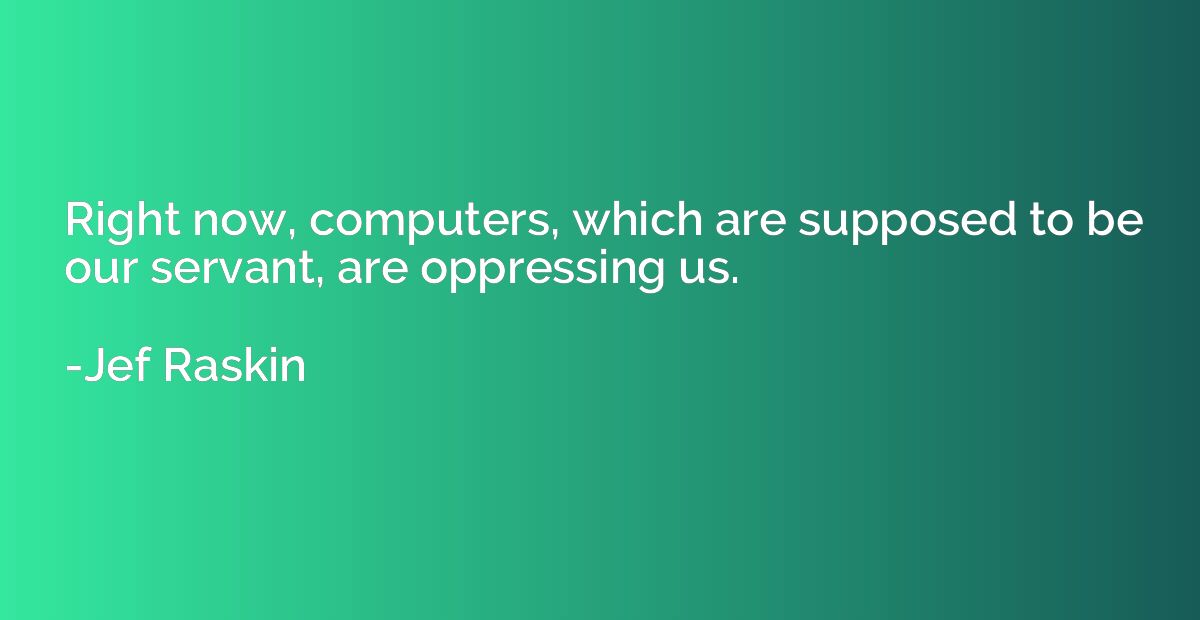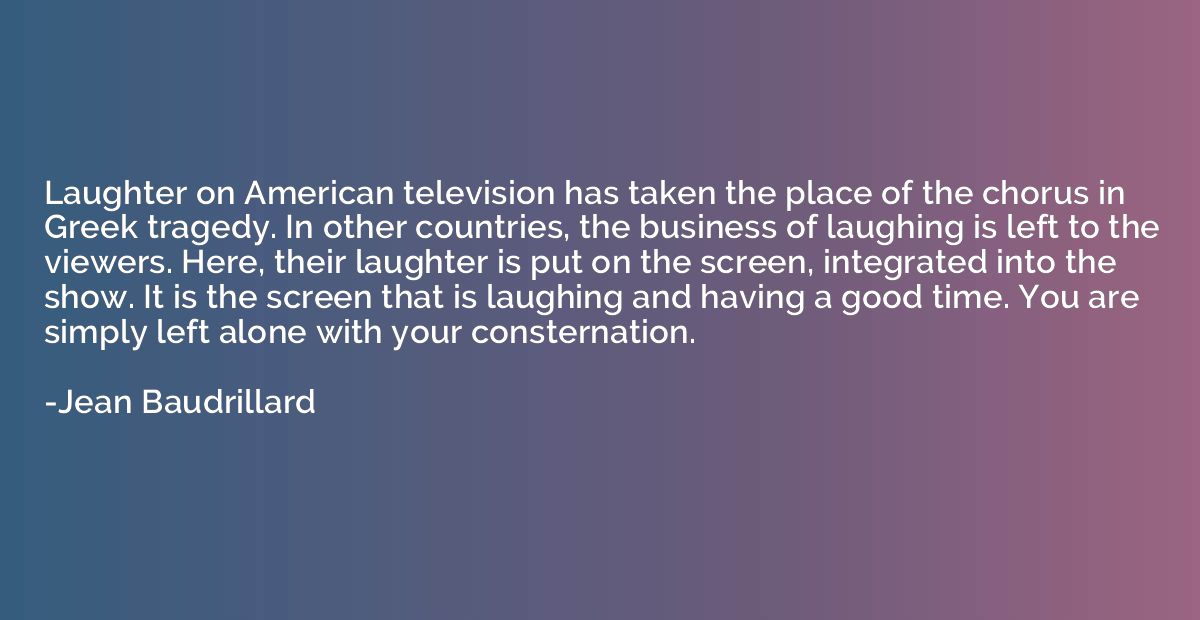Summary
This quote suggests that the opinions and judgments of other people can restrict and confine us. It implies that when we constantly worry about how we are perceived by others, we place ourselves in a metaphorical prison. The quote highlights how the thoughts and expectations of others can limit our actions and hinder our ability to be true to ourselves. It encourages us to break free from these external influences and embrace our own authentic selves.
